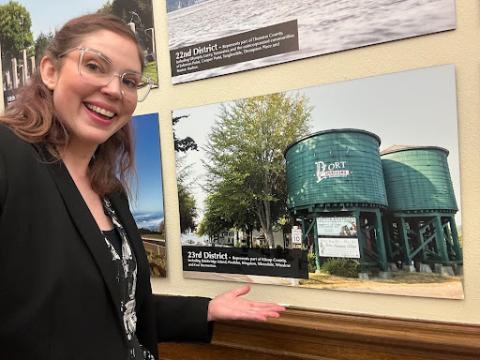
This isn’t a story about politics. This is a story about people. Medicaid saved my son’s life.
Hi, I’m Melissa Dingmon and I’m from Washington State.
When I found out I was pregnant, I was cautiously hopeful—just like many of you, I suspect.
After 10 years of infertility and five miscarriages, every previous test had ended in heartbreak. This time, my OBGYN told me I was considered high-risk. To give the pregnancy the best possible chance, I was put on bed rest. That meant I had to stop working. I wasn’t earning a paycheck anymore but I didn’t care because I would do whatever it took to bring a healthy baby into the world.
Even with my husband working full-time, we were eligible for Medicaid. The cost of living, the medical bills, the expenses of preparing for a baby—it all added up fast. Medicaid supported us when we needed a little help.
Because of Medicaid, I had access to the prenatal care I desperately needed. I saw specialists regularly. I was monitored closely. I got the medications and support that made all the difference. And it worked. After months of uncertainty, I carried nearly to term. I survived labor and delivery… and I finally got to hold my son—tiny, beautiful, and healthy.
We gave him a family name; honoring those who came before him. He was perfect. Our little miracle.
When he was around six months old, something started to feel off. There were subtle physical changes—nothing too dramatic at first, but enough to set off alarms in my head. It looked like he had bright yellow eyeshadow on one eye. People talk about “mom instincts,” and they’re real. I just knew something wasn’t right. Two days later it was on both eyes. Then his eyeballs started to show bloody lines moving inward toward his pupils. The yellow eyeshadow began to turn into bruising.
Thanks to Medicaid and the Nurse-Family Partnership program, I had access to regular check-ins and a support team who listened to me. Even when the doctors weren’t sure what was going on, they didn’t dismiss my concerns. They told me to keep tracking what I noticed, to photograph changes, and to come in often. I documented everything. I kept a close eye and trusted my gut.
Then, one day, when he woke up from a nap, I noticed his eyes were starting to bulge out of his head. I panicked and called his pediatrician. I sent new photos through the portal. The nurse called within minutes and said to come in right away. I was at the office less than 15 minutes later and the pediatrician got down on my level, held my hand and put his other hand on my son’s. He said, “I don’t know what this is yet, but I am not leaving the office or taking any other patients until I know what we should do next. We will figure this out.” After a few hours of lab draws, phone calls, and other doctors coming in to palpate my son’s body or look at his eyes and ask me questions, we were told to go take him home for dinner. The pediatrician stayed behind to continue researching.
Two hours later, I got a call that would change our lives.
It was our pediatrician. His voice was steady but urgent. He said, “Drop everything and take him to Seattle Children’s Hospital. A team is waiting in the ER. We don’t know what it is yet, but they’ll run a lot of tests. I know you’re scared, but you’re in good hands. Pack an overnight bag—just in case.”
He was right to prepare us. At just eight months old, my baby was diagnosed with stage 4 neuroblastoma—a rare and aggressive cancer that had spread throughout his tiny body.
We didn’t go home for nearly a year.
Imagine that: your baby is fighting for his life, and you’re living in a hospital. There are tubes and monitors and specialists. Surgeries. Chemotherapies. Transfusions. Fevers and setbacks. You’re terrified every. single. day.
But here’s the thing—we didn’t have to face financial ruin on top of all of that. Because of Medicaid, we didn’t have to make impossible choices. We didn’t have to weigh our son’s chance of survival against the threat of bankruptcy. Medicaid covered the surgeries. The eight rounds of chemo. The MRIs, CT, and MIBG scans. The overnight hospital stays. The emergency room visits. The specialists tracking the short- and long-term damages, coming from either the cancer or the chemotherapy drugs. It gave us stability during the most unstable time of our lives.
It gave us the ability to focus on what mattered: our son’s life.
Today, that baby is almost 5! He’s in remission. He’s thriving.
He’s one of those kids who seems wise beyond his years, probably from spending so much time with our incredible doctors and nurses. He started reading before he turned three. He’s fascinated by maritime history and can talk your ear off about famous ships and their fates. He does gymnastics with joy and confidence. He’s memorized most of the world’s flags (there are nearly 200, by the way) and can name an astonishing number of dinosaurs. He’s kind, curious, and hilarious—one of the funniest people I know.
He’s not just a survivor. He’s a bright, joyful, brilliant little human with so much to give to the world.
And all of that—his future, our family’s stability— was made possible by Medicaid.
This isn’t a story about politics. This is a story about people.
Medicaid saved my son’s life.
It protected our family during the worst time imaginable. It gave us resources, time, hope, and healing. And it gave my son a future. It helped me grow and keep my family.
There are so many other families like mine—parents doing everything they can, children fighting battles they never asked for and don’t deserve. We shouldn’t be forced to choose between our loved ones and our livelihoods. We shouldn’t have to beg for help when we’re at our most vulnerable. No one should lose their home after getting the worst news of their lives.
Medicaid isn’t just a policy. It’s a lifeline.
That’s why it matters. That’s why it must be protected.
Not just for my family—but for every family.
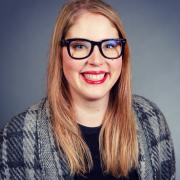
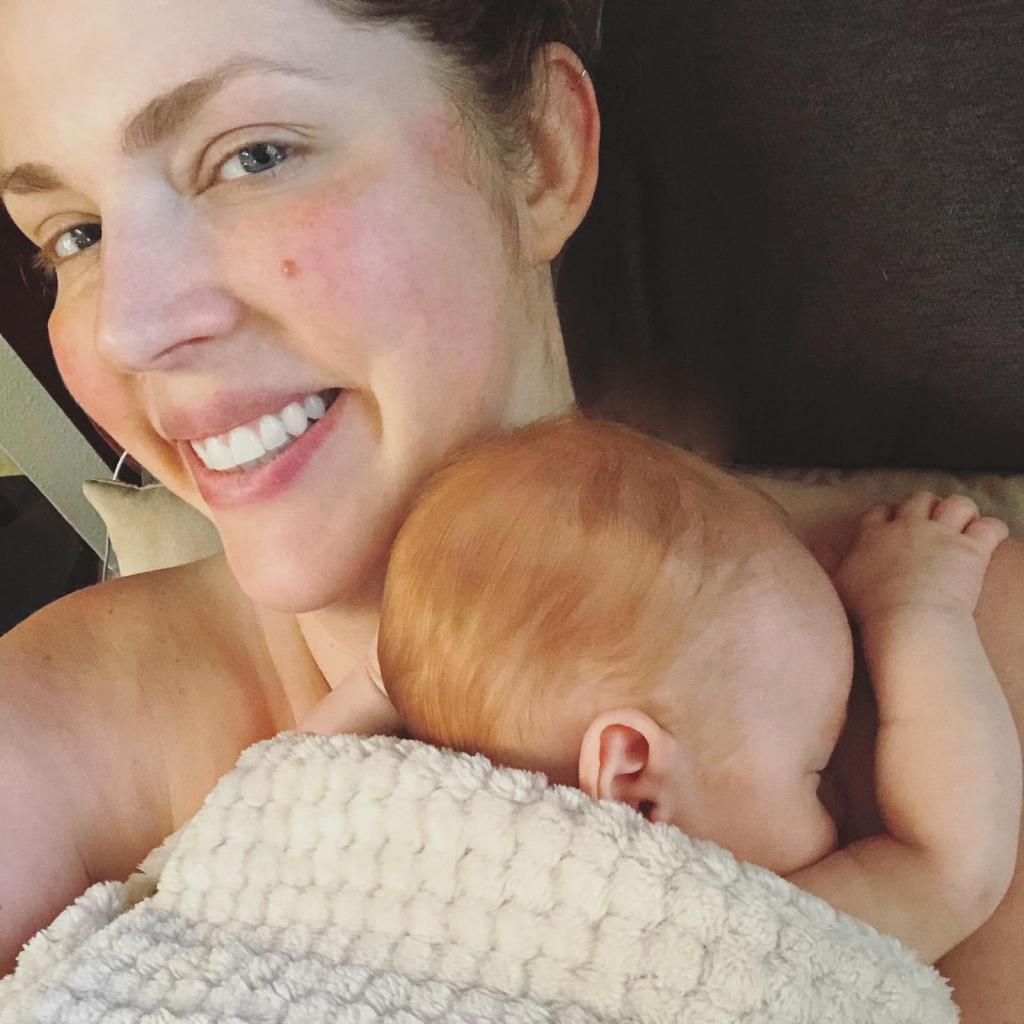
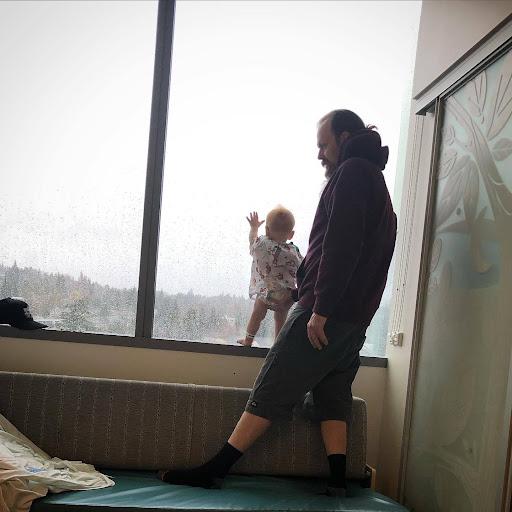
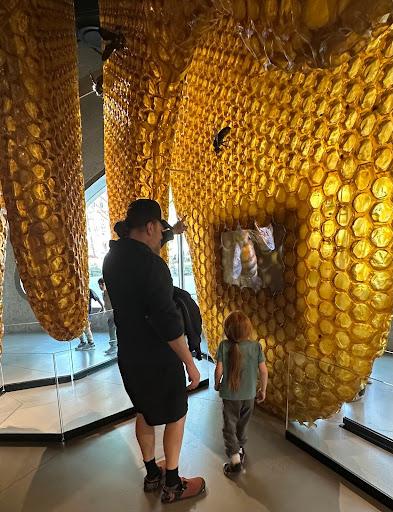
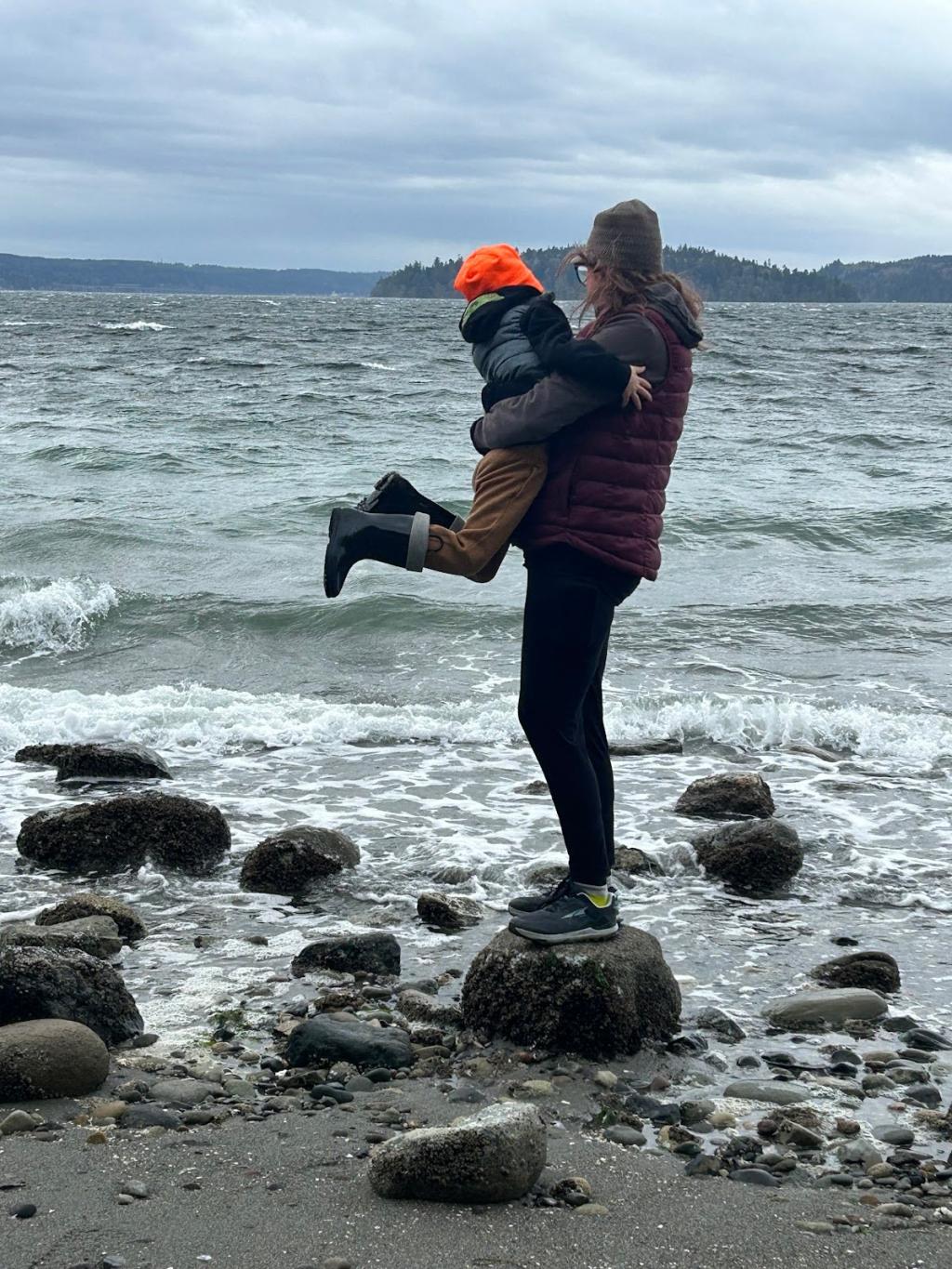

The views and opinions expressed in this post are those of the author(s) and do not necessarily reflect those of MomsRising.org.
MomsRising.org strongly encourages our readers to post comments in response to blog posts. We value diversity of opinions and perspectives. Our goals for this space are to be educational, thought-provoking, and respectful. So we actively moderate comments and we reserve the right to edit or remove comments that undermine these goals. Thanks!